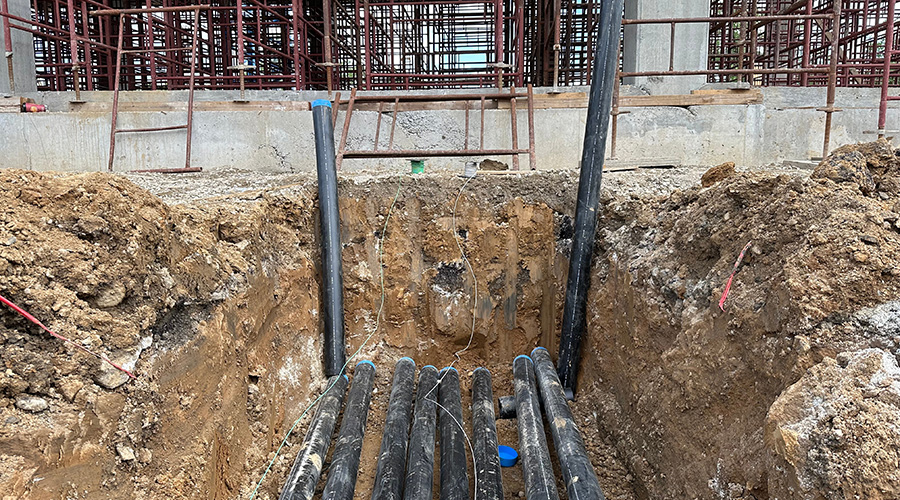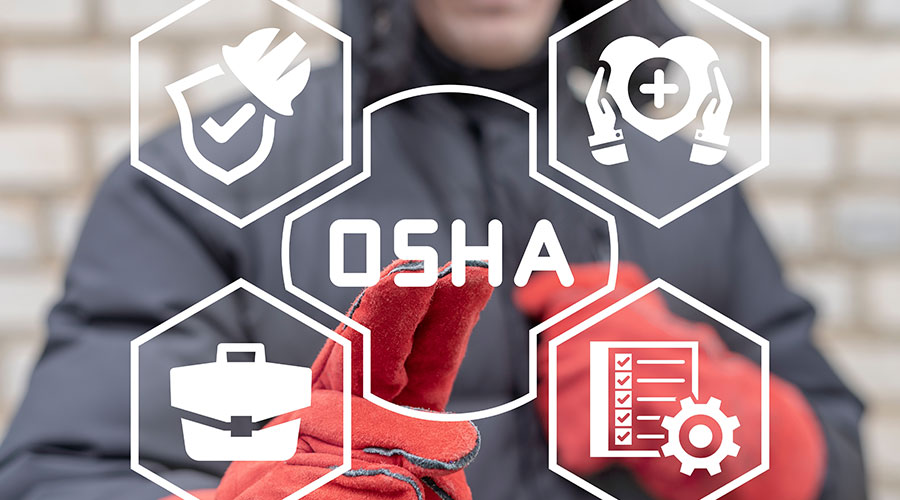JCAHO Alert Targets Emergency Electrical Power System Failures
The Joint Commission on Accreditation of Healthcare Organizations (JCAHO) last month issued an alert urging health care organizations to pay attention to the way emergency power systems can fail. The alert also recommends steps to keep patients safe in the event of a disaster or other event that knocks out the organization’s electrical power supply.
Reports from the 2001 floods in Houston, the 2003 blackout in the Northeast, and hurricanes that struck the Southeast United States over the past two years show how severely clinical operations can be affected in health care organizations that lose their electrical power.
“Health care facilities are highly dependent upon reliable electrical power, but recent experiences show that emergency power systems are not always sufficient during a major catastrophe,” says Dennis S. O’Leary, M.D., JCAHO’s president. “These organizations must recognize the potential fragility of external electrical power sources and their own emergency generator systems, and develop appropriate contingency plans that can be activated when needed.”
According to the alert, compliance with minimum National Fire Protection Association (NFPA) codes is not enough to assure the safety of patients and their care during an emergency situation. For example, many health care organizations did not have sufficient power to cool or ventilate facilities in the sweltering aftermath of Hurricane Katrina. Also, insufficient or unavailable electricity-dependent elevators to transport patients delayed their evacuations.
For more resources on addressing electrical power failures, visit the Joint Commission International Center for Patient Safety’s free, online database of practices and interventions to prevent adverse events at www.jcipatientsafety.org.
Related Topics:











